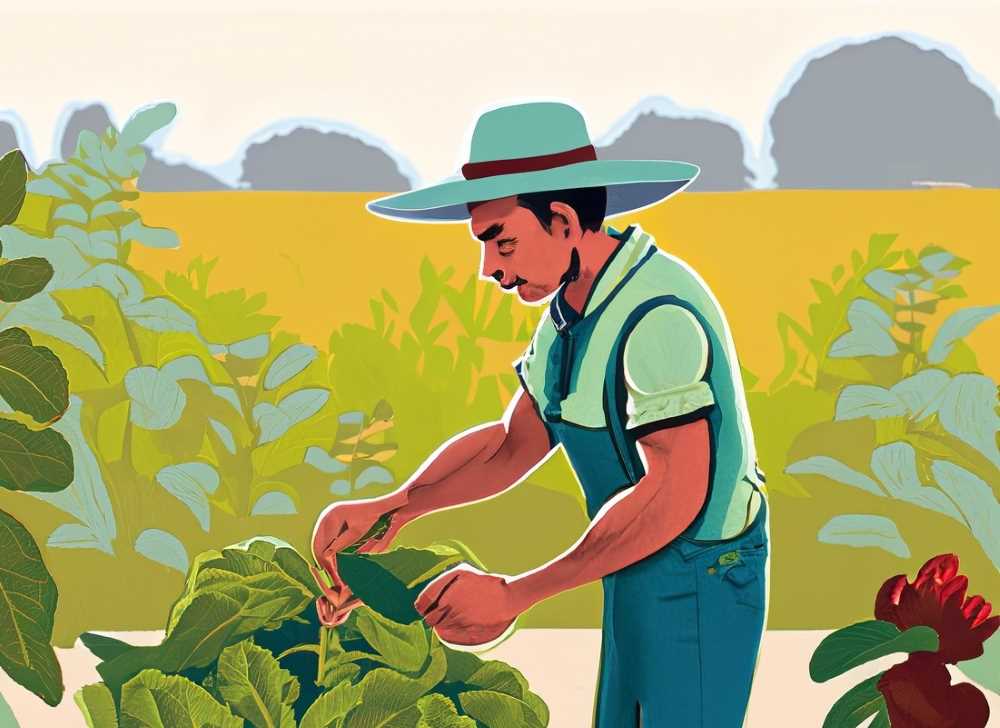The Spunky Survival of Mexico's Peasants
The narrative of Mexican peasants reveals fortitude amidst neoliberal economic pressures. Beginning in 1982, state support dwindled, pushing many towards financial instability. In response, peasants embraced self-consumption, labor migration, and organic farming.

The narrative of Mexican peasants, once supported by state-led initiatives, is one of fortitude and innovation in the face of increased marginalization brought about by neoliberal economic policies. Blanca Aurora Rubio Vega, an academic at the Institute of Social Research (IIS) of UNAM, sheds light on the challenges faced by these peasants and their endeavors to survive in a rapidly changing environment.
The Beginning of a Struggle
In 1982, the inception of neoliberalism marked the beginning of the exclusion of peasants from state-led support. The government's decision to reduce public spending resulted in the privatization of institutions such as the National Company of Popular Subsistence, the Mexican Coffee Institute, and the Banrural bank. These were pillars that had historically buoyed peasant enterprises. During this period, Mexico's market was insular; imports incurred high taxes, promoting domestic consumption of locally produced goods.




